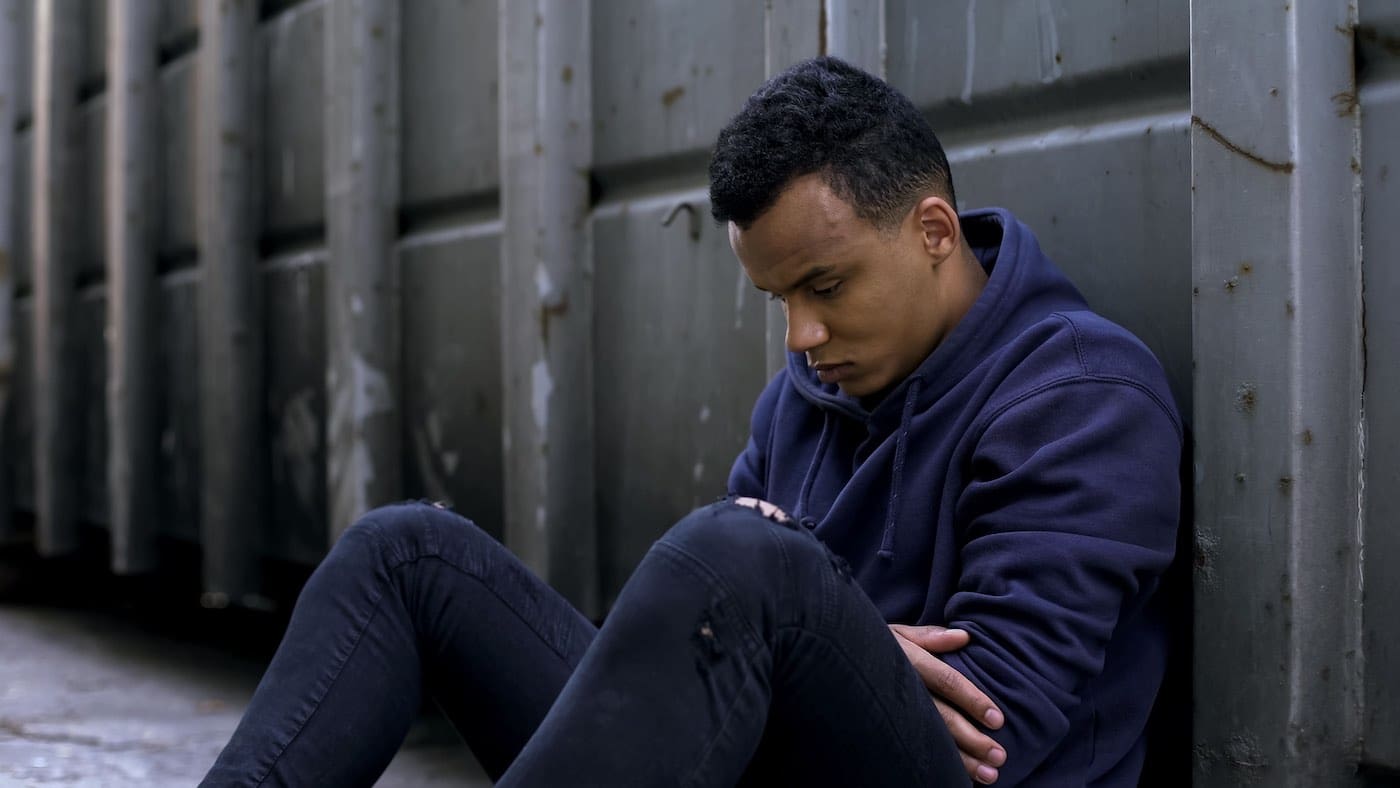Sometimes, people feel very sad and don’t know why. If you’ve felt this way for a while, it’s possible you might have depression. Depression affects the mind, it’s pretty common, and can affect anyone. So there’s no need to feel shame.
Anxiety is another condition that affects the mind, and it’s pretty common too. If you or someone you know might feel this way, there are many kinds of support and healing to help put the pieces back together. When these parts of a person are together, you can be stronger for your families and communities.
If you or someone you know has felt sad for weeks, felt low in energy, find it hard to get going, or no longer enjoy things you used to enjoy. These can be signs of depression. It doesn’t always feel like sadness. People with depression often feel numb rather than sad. Other signs of depression can be, spending more time alone, having trouble sleeping, feeling tired all the time, thinking of dying or hurting yourself, having trouble thinking or concentrating. If you or someone you know has felt some of these things for over two weeks, it could be depression.
Anxiety sometimes goes along with depression, or you can have anxiety by itself. The signs to look for include, panic attacks, hot or cold flushes, a pounding heart, breathing quickly, or feeling wound up, tense or edgy, worrying too much, thinking about the same things a lot of the time, or feeling that things are much worse than they really are. Avoiding doing things that make you feel uneasy. You might be avoiding going to work or school, or avoiding doing things with friends and family.
Sometimes you won’t see the signs of depression or anxiety in yourself. This is why it’s important we talk together. Talking about it is a first step to healing and having a stronger mind and body. Yearning has always been a way of healing in our communities. There’s no single reason for depression, but many things can contribute. Relationship problems, being lonely or isolated for a long time, or having long term stress from work, heavy cultural loads can all contribute.
Other factors that can lead to depression include having low self-esteem, having a serious illness, or being the kind of person who just worries too much. Everyone’s different. And you can have depression but not know why. This is okay. It’s important to know the signs and know that it’s okay to talk about it. Depression and anxiety can run in families, but just because a family member has depression or anxiety, it doesn’t mean you have it too.
If you don’t feel okay, the first step is to tell someone you trust. Ask yourself about the kinds of stories you’re telling yourself and listening to. Are they stories that pull you, your family, and your community apart? Or are they stories that hold you, your family, and your community together? If these stories make you feel stressed out, talk with someone about it. Don’t sit with feelings of depression or anxiety. By sharing your feelings, you’ll feel less alone. You can talk to a doctor, a psychologist, or someone else in your local IMS or community group.
They can help you found out if you might have anxiety or depression. If you do, they’ll help get you support and healing to make you feel better. You’re not alone. There are many ways to treat anxiety and depression. Medicines also help but not always needed. Your doctor can put you on a mental health treatment plan, which they’ll explain to you. This plan will give you access to treatments to help you on your journey to feeling stronger inside. This treatment and support will help you be strong again.
You can also call the Beyond Blue any time on 1-300-224-636, or chat to them online. All calls and chats are confidential. You can also check out the Headspace website for more information, or for a confidential check. If you think someone else might have depression or anxiety, ask them. Are you okay? If they say no, you can ask, if they thought about harming themselves. If they say yes, ask gently if they’d like help to feel better again. Be patient and listen. If they want help, offer to take them to their medical service or local community group. Or if they don’t want help right now, be there for them, they might be ready for help later. Talking about feelings helps to make things better for you, your family, and your communities.

